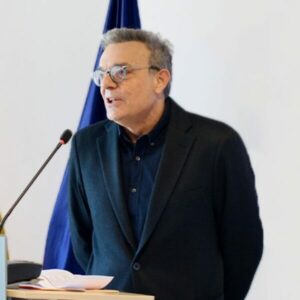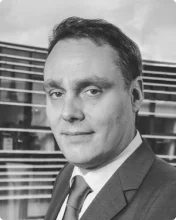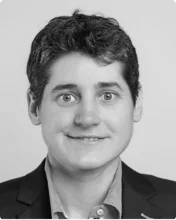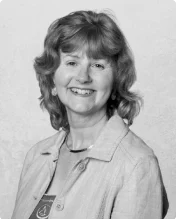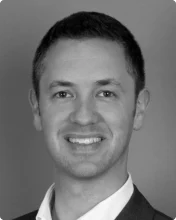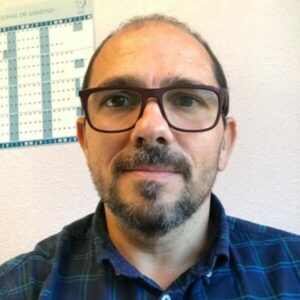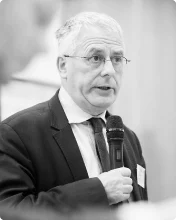The Policy plenary session was kickstarted by two insightful presentation: firstly, Enrique Terol (Permanent Representation of Spain to the EU) reminded that the EHDS, pharmaceutical package and HTAR aim to create an ecosystem where RWD/E is usable and accessible, with success dependent on Member States’ data interoperability infrastructures. Then, Patrice Verpillat (EMA) provided an update on DARWIN EU and the EMANS strategy, underscoring the shared goal of regulators, HTA bodies and Payers to facilitate ‘the path to accessibility’ for patients, and the role of the HTAR to revive their collaboration.
Moving into the discussion section, Anne-Pierre Pickaert (Acute Leukemia Advocates Network) represented the patient voice, describing the delicate line between unethical Randomised Control Trials and Single Arm Trials to enable better and faster patient access to innovative therapies. Then, Christoph Rupprecht (AOK Rheinland/Hamburg) provided a Payer perspective from Germany, and shared about the routine data collection AbD in Germany connecting RWE and RCTs. Finally, Alexander Natz (EUCOPE) discussed the crucial role of JSCs, and provided examples where Real-World Evidence was crucial to closing data gaps and enable patient access.
Karen Facey (RWE4Decisions Facilitator) presented the RWE4Decisions 2024 activities to support the EU health agenda, and particularly our work on PLEG. Although PLEG is not currently in the HTAR, HTA/Payers are hugely interested in making PLEG more efficient.
Ashley Jaksa (Aetion) gave an introductory presentation into the new Stakeholder Actions to Generate better Real-World Evidence, discussing the timeline and methodology of their revision, their dissemination, and their division into the four pillars to support development of robust RWE for HTA/Payer decision-making (as outlined in our 2022 publication).
This was followed by a panel discussion with four representatives of the RWE4Decisions Learning Network, who were involved in the development of the actions: Piia Rannanheimo (FIMEA), Shaun Rowark (NICE), Stefan Joris (RaDiOrg – Rare Diseases Belgium), and Andre Vidal Pinheiro (Takeda), bringing perspectives from National HTAs, Collaborative HTAs, Patient Groups, and Pharmaceutical Industry. As part of their interactive discussion, focused on the importance of collaboration and transparency, they presented their favorite actions for their Stakeholder Group, and the day-to-day steps they are taking towards their implementation.
The dissemination of the Stakeholder Actions will be at the centre of our work in 2025 — stay tuned!
Carlos Martin Saborido (ISCIII) discussed the next steps for the HTAR implementation, stressing the importance of early RWD collection to facilitate the HTA pathway and inform reimbursement. “We need to be proactive, not reactive” and work with the Regulator to help reduce uncertainties for Rare Diseases.
Jo de Cock (RIZIV-INAMI) closed with remarks about the unique role of the RWE4Decisions Learning Network to evolve the thinking around the positioning of RWE over the past years. RWE4Decisions will continue to engage with Payers and other stakeholders as European and national policies evolve.


